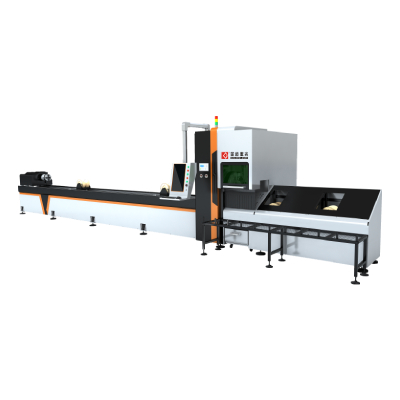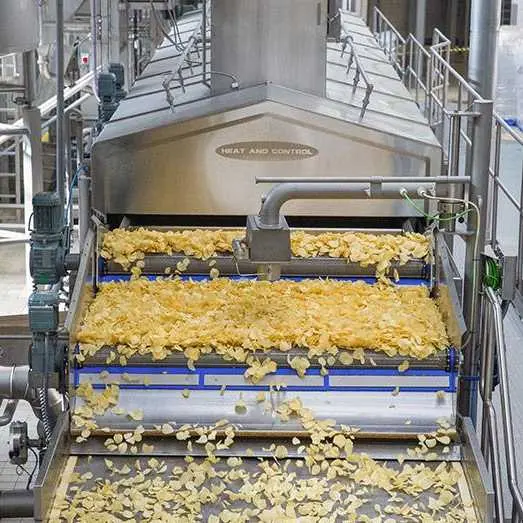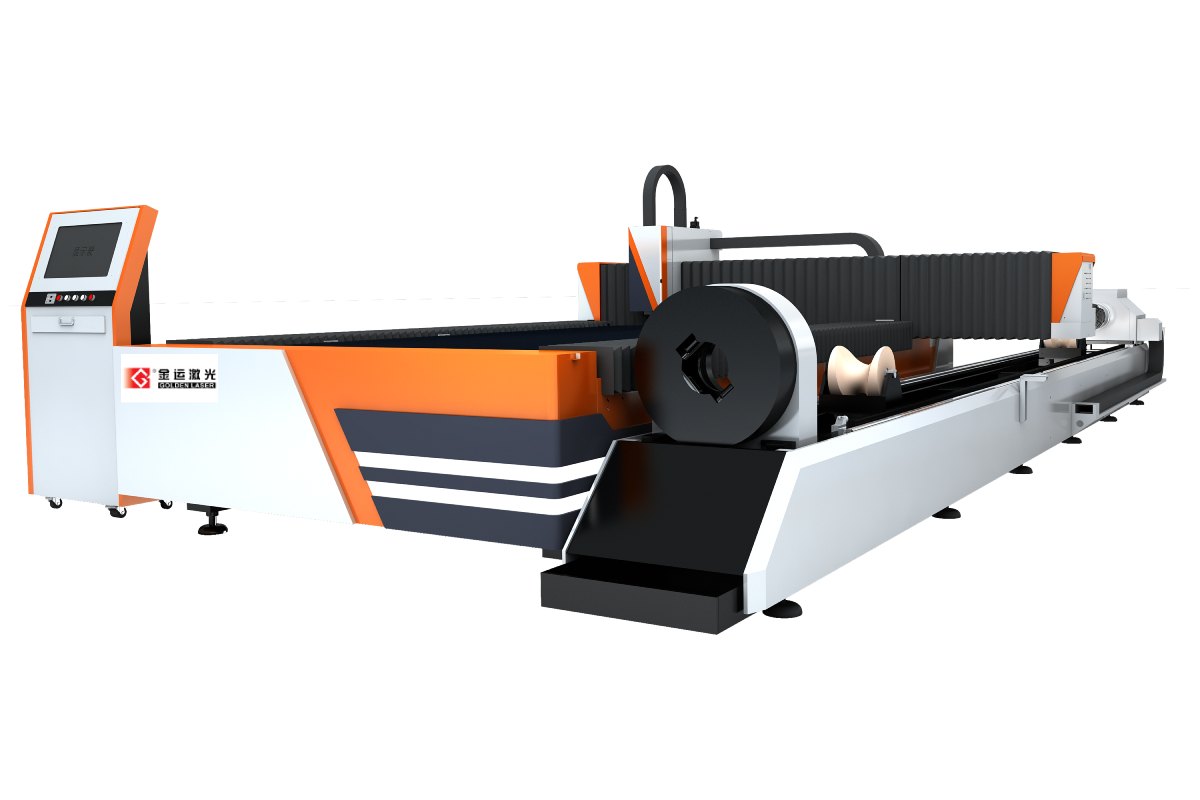****
In the fast-evolving world of manufacturing, the need for precision, efficiency, and adaptability in metalworking is more important than ever. The advent of CNC (Computer Numerical Control) machines has drastically changed the landscape of machine operation, particularly when it comes to working with various metals. Among these metals, copper stands out due to its unique properties, such as excellent electrical conductivity, malleability, and corrosion resistance. This article explores the remarkable potential of CNC machines for copper fabrication, detailing their benefits, applications, and the future of this technology in the metalworking industry.
Understanding CNC Machines

Unlocking the Potential of CNC Machines for Copper Fabrication: Revolutionizing Precision Engineering in the Metalworking Industry
CNC machines are automated tools operated by a computer program. They can perform a variety of operations such as milling, turning, drilling, and routing with incredible accuracy and repeatability. By translating digital designs from CAD (Computer-Aided Design) software into physical components, CNC machines eliminate the human error associated with manual machining processes. This automation significantly enhances productivity, reduces waste, and allows for complex shapes and intricate designs that would be nearly impossible to achieve manually.
The Benefits of Using CNC Machines for Copper
1. **Precision Engineering**: One of the most significant advantages of using CNC machines for copper fabrication is their unparalleled precision. The controls on CNC machines can operate with tolerances of up to microns. For industries that require exact specifications, such as aerospace and electronics, this level of accuracy is crucial.
2. **Complexity and Versatility**: CNC machines can easily produce intricate designs and complex geometries. Copper is frequently required in custom applications, such as electrical connectors, heat exchangers, and automotive parts. The ability to create these tailored components efficiently is a game-changer in manufacturing and engineering.
3. **Consistency and Reproducibility**: Unlike traditional machining methods, CNC machines can produce thousands of identical parts with the same specifications. This consistency is essential for mass production and streamlining manufacturing processes, making CNC machines a preferred choice for many industries.

Unlocking the Potential of CNC Machines for Copper Fabrication: Revolutionizing Precision Engineering in the Metalworking Industry
4. **Reduced Labor Costs**: By automating the machining process, companies can significantly reduce labor costs while minimizing the potential for human error. Fewer operators are needed to manage the machining process, which can lead to increased efficiency and a greater focus on quality control.

Unlocking the Potential of CNC Machines for Copper Fabrication: Revolutionizing Precision Engineering in the Metalworking Industry
5. **Enhanced Safety**: CNC machines offer a safer working environment. By relying on automated processes, operators are less likely to be exposed to hazardous tools and equipment. This aspect not only protects workers but also reduces the risk of costly accidents.
Applications of CNC Machining in Copper Fabrication
The applications of CNC machining in copper fabrication are vast. Some of the most notable include:
– **Electrical Components**: Copper’s excellent electrical conductivity makes it an essential material for electrical components like connectors, terminals, and circuit boards. CNC machining offers precise cutting and shaping necessary for these applications.
– **Heat Exchangers**: In industries like HVAC and refrigeration, CNC machinery is used to manufacture copper tubing and heat exchanger components. The precision allows for optimized designs that enhance thermal efficiency and durability.
– **Automotive Parts**: The automotive industry uses CNC machines to create copper components that improve performance in terms of electrical systems, including wiring harnesses and Battery Components.
– **Artistic Creations**: Beyond functional applications, CNC machined copper is increasingly used in artistic applications for sculptures and decorative items. The versatility and aesthetic appeal of copper make it a favorite among artists and designers.
The Future of CNC Machining for Copper
As technology continues to evolve, the future of CNC machining for copper fabrication looks promising. Advances in software, machine capabilities, and material sciences will likely lead to even more innovative uses for CNC machines in metalworking. Emerging trends, like additive manufacturing combined with traditional CNC techniques, may enable even more complex and efficient production processes.
Additionally, as industries strive for sustainability, there is a growing focus on optimizing CNC processes to reduce waste and improve energy efficiency. This will not only benefit manufacturers but will also appeal to environmentally conscious consumers and regulators.
Conclusion
CNC machines for copper fabrication stand at the forefront of modern manufacturing, providing unmatched precision and versatility. As industries continue to harness the power of this technology, CNC machining is set to redefine what’s possible in metalworking, pushing the boundaries of innovation and quality. In an era where efficiency is paramount, CNC machines for copper will undoubtedly lead the charge toward enhanced engineering solutions and sustainable manufacturing practices. Fibre Laser 4kw
